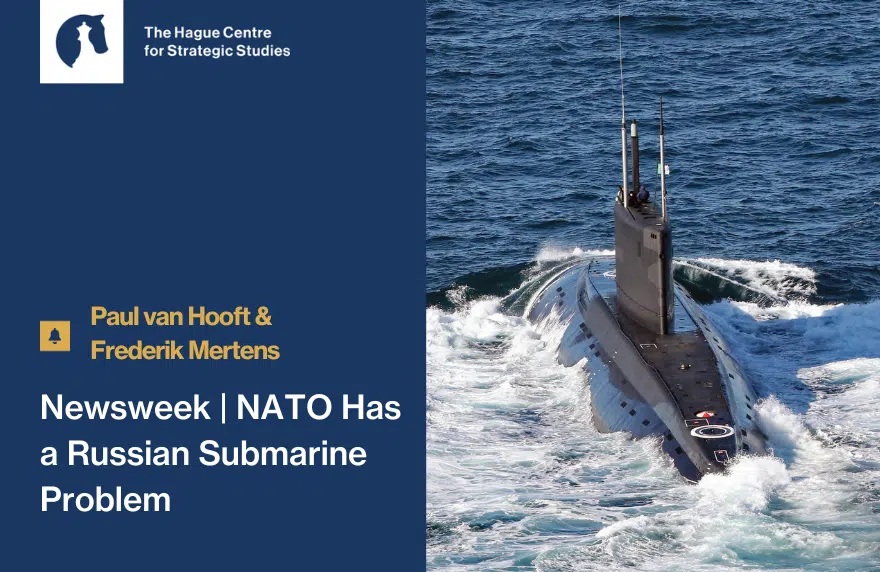Russia’s Baltic Sea fleet has a “serious problem” on its hands as NATO prepares to expand into Sweden, HCSS strategic analyst Frederik Mertens tells Newsweek.
NATO will be more able to dominate the Baltic Sea not just on and under the surface, but through airpower, Frederik Mertens, a strategic analyst with the Hague Center for Strategic Studies told Newsweek. “In this field, NATO already has an overwhelming advantage,” he said, adding: “Russia’s Baltic fleet has a serious problem.”
Faced with NATO’s airpower, bolstered by Sweden, Russia’s surface ships will need to rely on ground-based air defenses, he argued.
Not only that, NATO’s ability to control the environment in the Baltic Sea means there “hardly is a spot of the Baltic left where a Russian surface ship cannot expect the imminent attack of an advanced sea-skimming missile,” Mertens said.
Sweden itself brings its own considerable force to the alliance, particularly through its submarine fleet, Mertens added. The Swedish navy “will bring an enormous amount of surface capability to us in the Baltic Sea,” Gen. Christopher Cavoli, who heads U.S. Army forces in Europe, told lawmakers in May 2022. “They also have underwater capabilities that will help us as well,” Cavoli said.
But NATO countries could also use sea mines to hem in Russian vessels, and would be a key weapon against Moscow in the region in the case of conflict, Mertens said. Russia’s ability to deny or control how NATO forces deploy resources in the Baltic, and Moscow’s land and air forces in the region, are perhaps more under threat than the Baltic fleet, according to Mertens.







